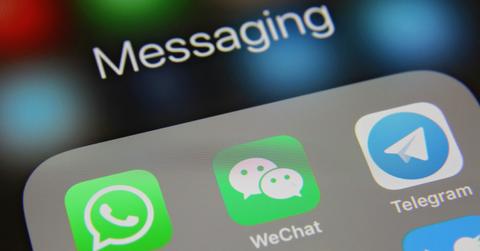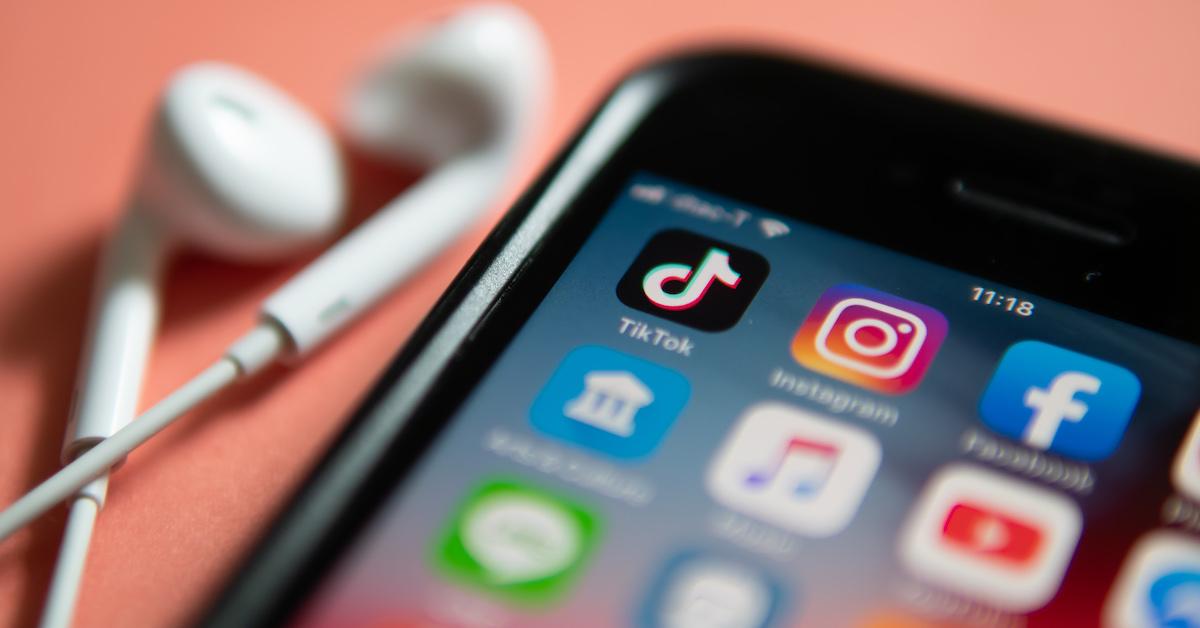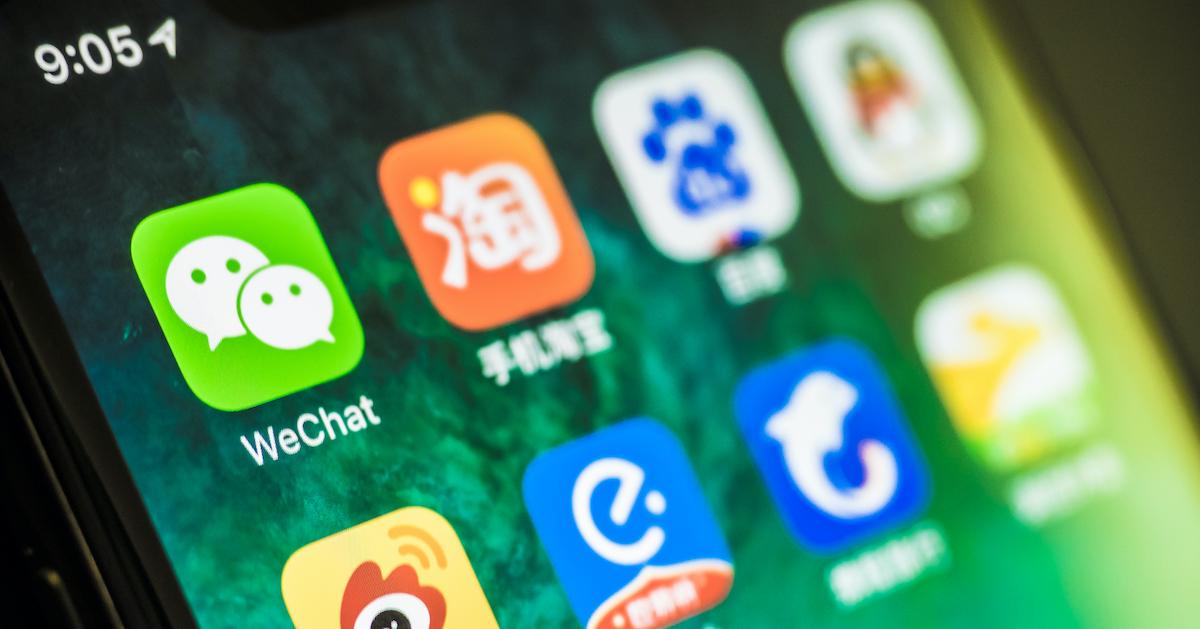President Trump Signed an Executive Order to Ban WeChat — But What Is It?
Updated Aug. 7 2020, 2:38 p.m. ET

On Aug. 6, President Trump issued an executive order to ban several popular applications from China, including TikTok and WeChat in the United States after 45 days. The orders state that the apps "threaten the national security, foreign policy, and economy of the United States." It comes on the heels of rising tensions between the U.S. and China.
What is WeChat used for? While TikTok has become a part of mainstream American culture, many are less familiar with WeChat and its purposes.

What is WeChat used for?
The multi-purpose app was developed in China by Tencent Holdings Limited, and it was first launched in 2011. In China, the app is known as Weixin, and it functions as a hub for communication, social media sharing, and payment exchanging.
The messaging component of WeChat offers features for texting, video calling, and photo/video sharing. Users can also share their location on WeChat, which is similar to the "Find My Friends" app on the iPhone.
WeChat also has a "Moments" component, which is similar to a social media feed. Users can share information, photos, and videos to select groups, and they can sync their feeds to their public Facebook and Twitter accounts.
The app also has a payment feature, which is similar to Venmo. People can pay their bills and do their banking via the app, as well as use it to complete transactions at certain stores (like the Apple Pay function).
Businesses, companies, and health facilities can create public WeChat accounts to push services and subscribers to other account holders.
There's another facet of WeChat that has been compared to LinkedIn, and it lets companies keep track of employees' days off, expenses, and when they clock in and out of their shifts.
In the United States, people can use WeChat for messaging, the social media component, video games, and hail a taxi. The payment feature is exclusive to China.
A WeChat ban could potentially affect popular video games in the U.S.
While WeChat doesn't have a tremendous influence in the U.S., there is a concern that banning it would affect the other apps created by Tencent Holdings. The conglomerate developer owns Riot Games, which is a big producer of popular video games in the United States, including League of Legends.
Tencent Holdings is also working on a Nintendo Switch game with the Pokémon Company, which is set to be a cross between League of Legends and Pokémon. It was announced for the U.S. in June of 2020, and it could also be affected by the ban.
The developing company also has some ownership of Epic Games, which helped develop Fortnite. Since it came out in 2017, Fortnite has become one of the most popular video games in the United States.

President Trump's ban does not include the video game component, but many are concerned that the developer could retaliate by banning the video games in the U.S.
Between the likely end of TikTok and a potential shift in the video game landscape in the United States, Gen Z is going to have an interesting beginning to the fall season in 2020.